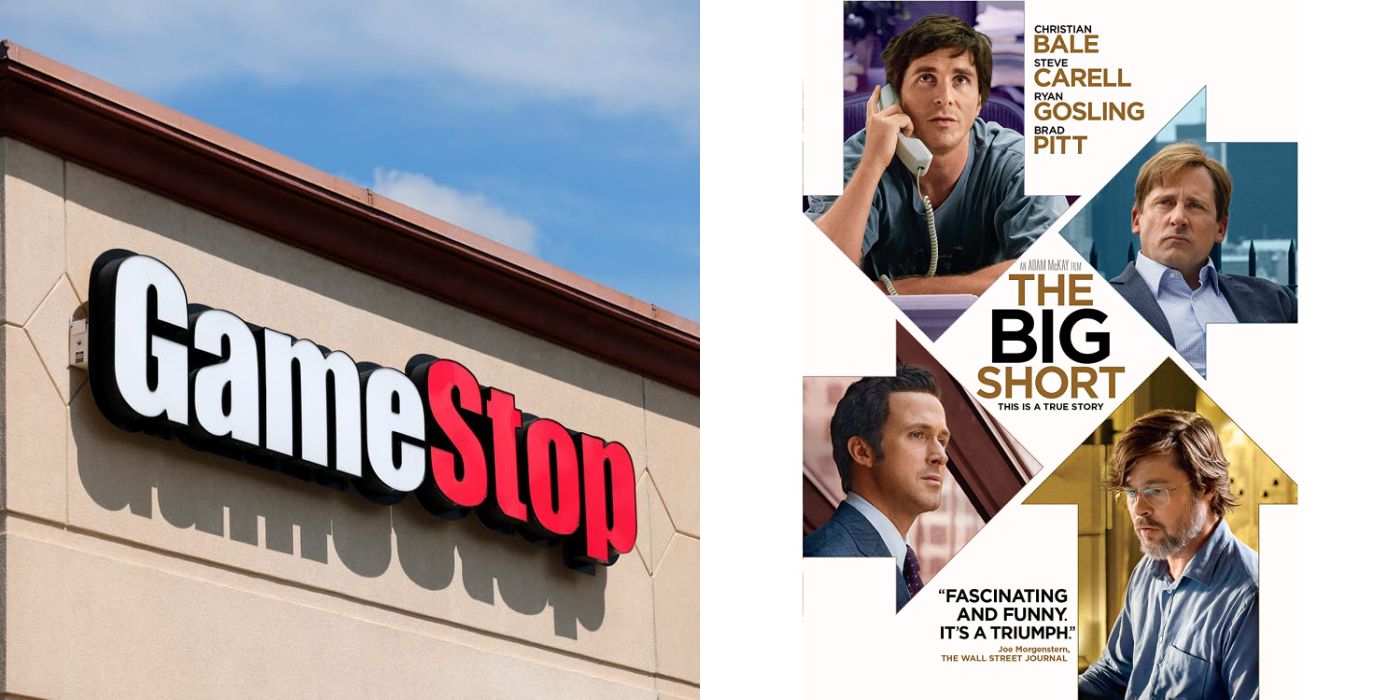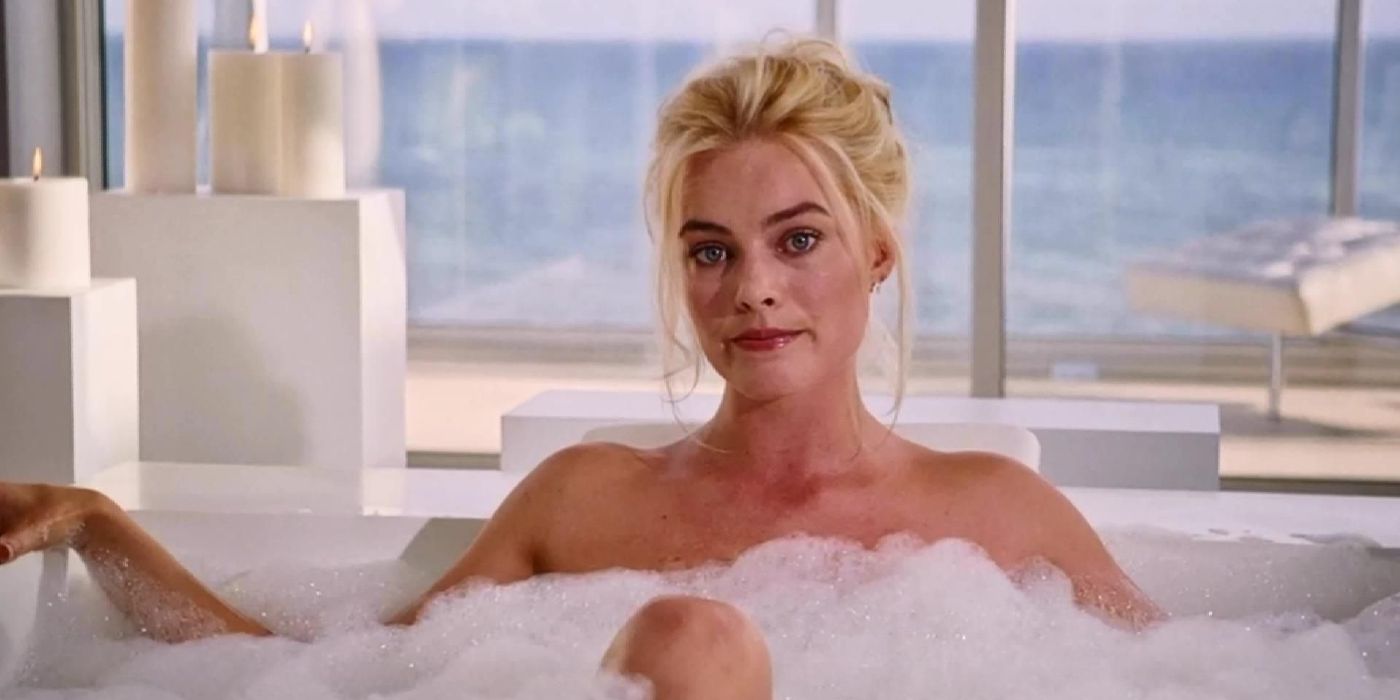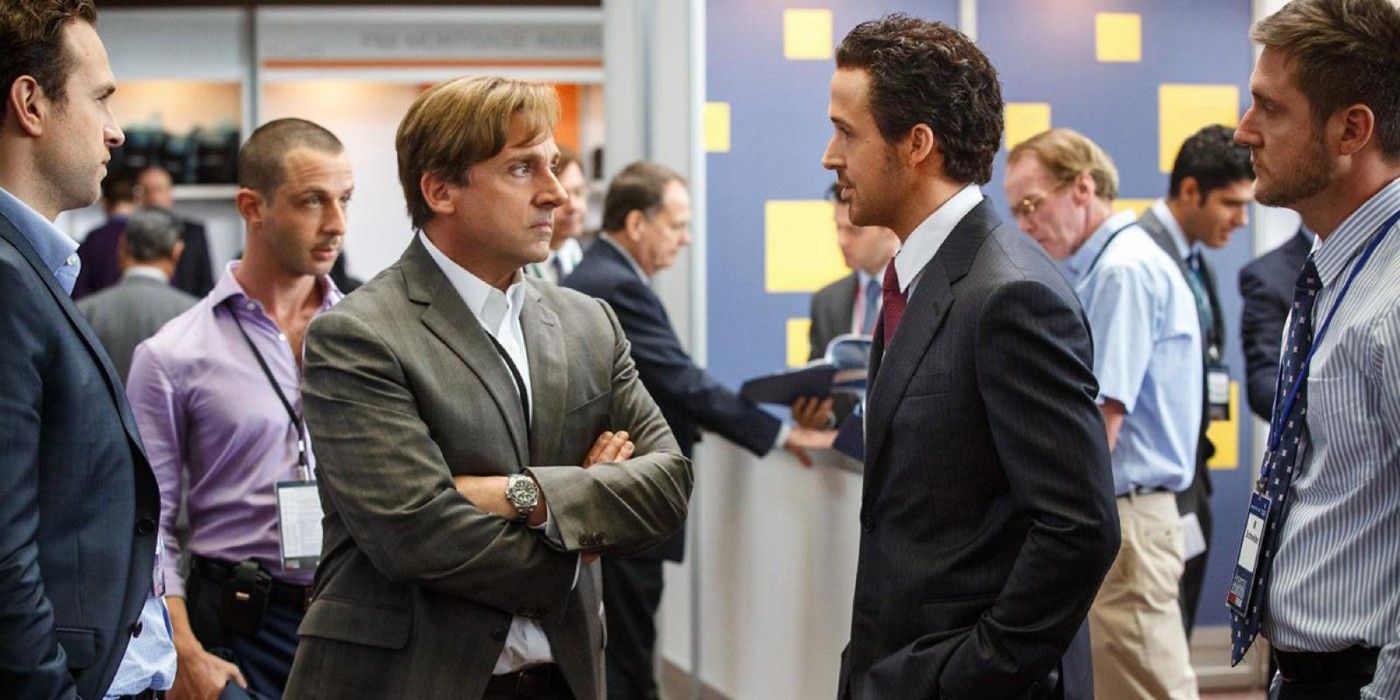Anyone who has been online in any capacity over the last week has likely been bombarded by a collection of seemingly unrelated words: GameStop, Reddit, “short”, Robin Hood, hedge fund, and Elon Musk. For those still confused, it’s probably useful to consult a handy explainer (like this BBC article), though, given the uber-complex nature of the event, the whole situation is still rather confusing. In essence, a collection of online hobby stock-traders on Reddit have manipulated the value of retailer GameStop’s stock to such a degree that they have made millions, and hedge funds that were betting on the chain’s devaluation stand to lose billions. While even to those in the know, the situation remains murky and ever-changing, one thing is for sure: there hasn’t been a financial upset like this since 2008’s Great Recession.
Indeed, although that world-shifting event itself still remains shrouded in mystery (terms like ‘subprime mortgage’ and ‘collateralized debt obligations’ are intensely confusing), it hasn’t stopped filmmakers from attempting to explain the entire affair to viewers. Case in point: Adam McKay’s 2015 film, The Big Short. Starring Christian Bale and Steve Carell, the Oscar-winning, semi-biographical comedy breaks down how the US housing bubble caused nearly every economy in the world to crumble, and the knock-on effect it had on average citizens. Equal parts informative and moving, the film turned the calamitous recession into something that educates and entertains… so could this GameStop saga be the next Big Short?
The easy answer is yes. Much like the US housing bubble, this GameStop saga highlights how systemically unfair and fragile the US financial system is – if an assortment of stock-trading hobbyists has the ability to hobble the economy from their living rooms, then something must be very wrong with how the US economy is set up. In this regard, a ‘GameStop Big Short’ may be necessary to bring attention to this financial flaw, and help create a new, fairer, and more robust economy. In the original Big Short, the filmmakers used meta-referential appearances from celebrities like Margot Robbie (in a bubble bath) and Anthony Bourdain (cutting up fish) to help explain and highlight some of the denser financial elements; it would be useful to get some celebrities back again to underscore how this GameStop situation works.
Equally, like The Big Short, this GameStop saga has parallels to the biblical story of David and Goliath. In 2008, the established hedge funds changed the ‘rules’ so that the average consumer had to carry more of the debt-filled burden, rather than the Wall Street traders who instigated the housing bubble. Similarly, in 2021, the hedge funds are forcing stock-trading services like Robin Hood to prevent users from interacting with GameStop stock at all; the ‘Goliaths’ of the financial world are changing the rules once again to stop the ‘Davids’. Luckily, The Big Short helped draw attention to the hypocrisy of the 2008 hedge funds – a ‘GameStop Big Short’ may be equally necessary to hold the 2021 hedge funds to account.
Of course, it may be slightly premature to be already calling for a ‘GameStop Big Short’. The original Big Short was made six years after the initial housing bubble crashed and, in that time, countless financial experts provided reams of analysis, cutting to the core of the situation. As it stands, the GameStop saga is still happening, and the dust hasn’t yet settled – it will take some time to fully take stock of how this situation manifested and how it will end.
Moreover, there’s also a moral question on whether or not the film should be made. Part of the issue with modern historical/biopic films is that they can never tell the full story. 2010’s The Social Network, for example, ends with Facebook being a world-wide success, beloved for how it “broke all the conventional rules” and connected hundreds of millions of people together. Unfortunately, 11 years later, the full picture is less positive.
In terms of The Big Short, not enough was done to hold the ‘villains’ of the film to account. The movie doesn’t highlight that, 10 years later, many of the people who propagated the Recession are still trading, still manipulating stocks, and still taking advantage of average citizens; the film doesn’t do enough because it only tells the story up to 2015. Who’s to say that a ‘GameStop Big Short’ will do any better to challenge the hegemonic forces at work?
Above all else, it’s still too early to know whether or not this GameStop saga will be the next Big Short. Whilst there are definitely some similarities in terms of confusing subject matter and volatile financial systems, it’s going to be some time because the situation can be fully understood or assessed. Nevertheless, when it does get made, viewers can only hope that it will once again feature Margot Robbie in a bubble bath.



